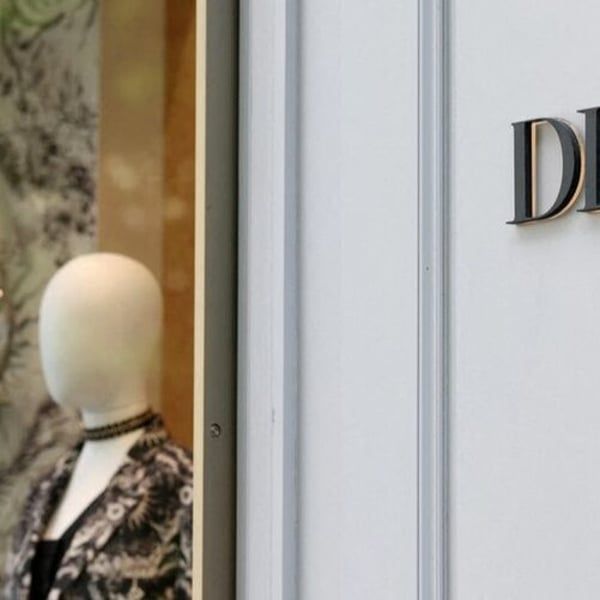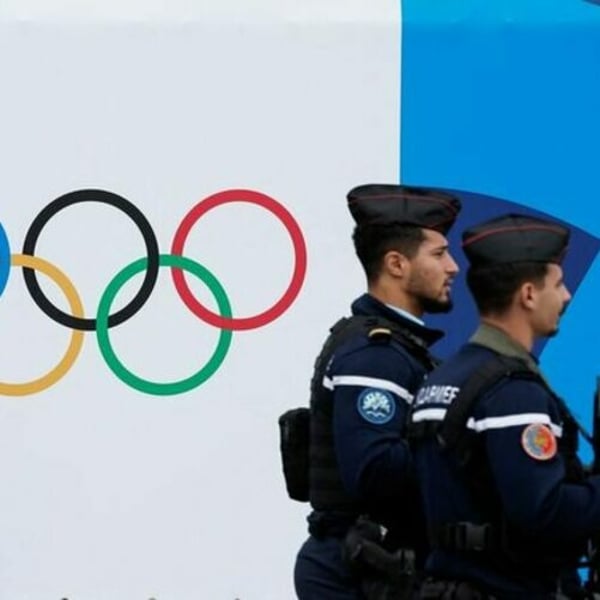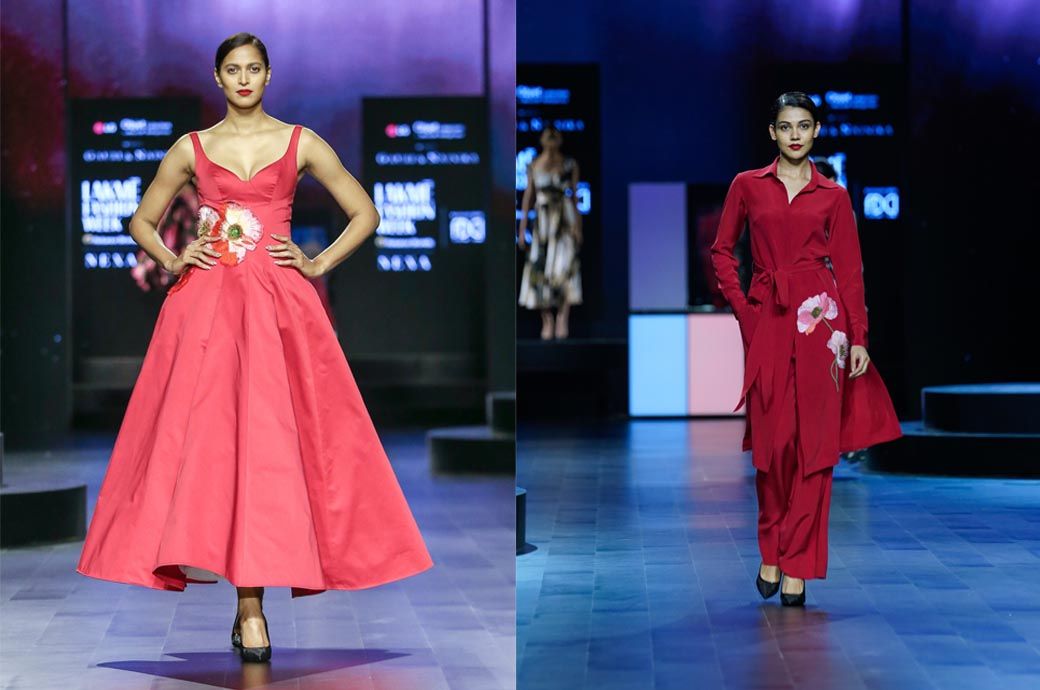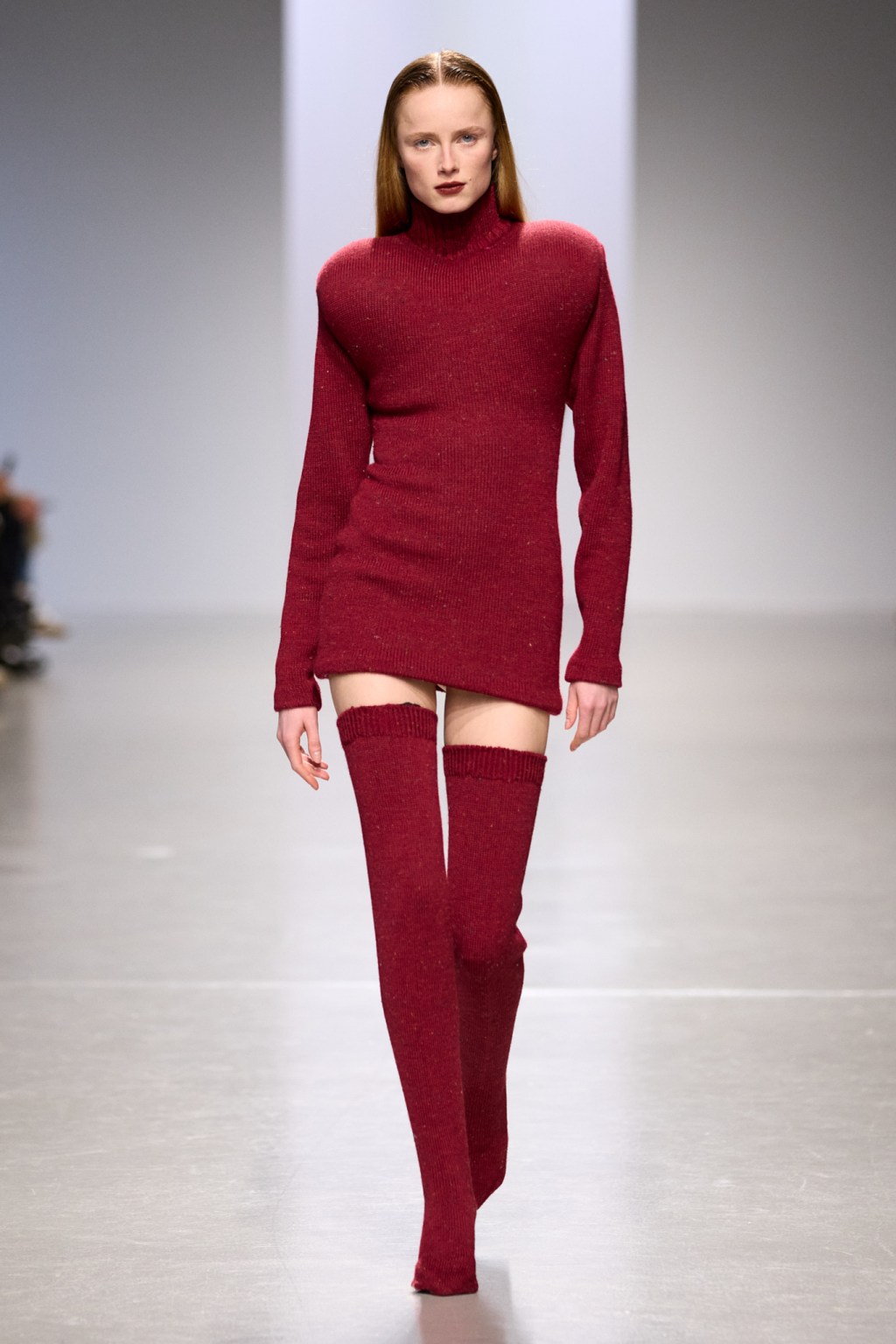By
Reuters
Published
August 6, 2024
LVMH's second-largest fashion brand, Dior, was until last month behind on disclosures required by U.K. law about labor conditions in its supply chain, and made outdated statements on its website about a third-party certification it canceled more than a year ago, Reuters has learned.
In Britain, the Modern Slavery Act 2015 requires companies with a UK turnover of £36 million ($46 million) or more to publish annual statements on their websites detailing the steps they are taking to combat forced labour in their businesses and global supply chains.
As of July 19, Dior's UK website displayed a 2020 anti-slavery statement and sustainability certification that was no longer valid, a Reuters review of company documents showed.
Dior, part of the $345 billion LVMH conglomerate that is getting a global marketing boost as title sponsor of the Paris Olympics, has been thrust into the spotlight after Italy’s competition authority said on July 17 it was investigating whether the company and Italian brand Armani had misled consumers about their commitment to craftsmanship and social responsibility following a judicial investigation that exposed possible sweatshop-like conditions at some Italian contractors.
The investigation prompted Europe's top asset manager Amundi and other investors to call on LVMH to take more aggressive steps to monitor its suppliers' treatment of workers, the investors told Reuters.
Dior has condemned the illegal practices uncovered by some suppliers, said it has stopped working with them and is cooperating with the authorities. Armani has expressed confidence in a “positive outcome of the investigation.”
Dior has published a modern slavery statement for 2023 after Reuters asked on July 18 about its compliance with UK regulations. The new document says it was approved by the board of directors of subsidiary Christian Dior UK on July 18.
In its updated statement on modern slavery, which is longer and more detailed than its 2020 statement, the French brand said Christian Dior UK plans a training course to raise awareness among employees about modern slavery and encourage them to take action if they suspect wrongdoing.
“We have been preparing an updated statement on modern slavery, which… has now been published on our website,” Dior said in a written statement on July 19 in response to Reuters' questions about anti-slavery disclosure.
As of August 5, Dior had also not released statements for 2021 and 2022. The company did not directly respond to Reuters' questions about its missing statements.
Although disclosure is required by law, no company has been penalised for failing to comply, according to Sara Thornton, a professor of modern slavery policy at the University of Nottingham’s Rights Lab. Some lawmakers and human rights groups are pushing for sanctions to be introduced.
In 2020, the UK Home Office estimated that 83% of eligible organisations were in compliance with the Modern Slavery Act.
On July 19, LVMH said in an email to Reuters that its UK-based Dior subsidiary applies “group-wide procedures relating to respect for human rights and addressing the risk of modern slavery in our business and supply chains.”
Another subsidiary, Parfums Christian Dior UK, has published UK statements on modern slavery for 2021, 2022 and 2023.
LVMH Chief Financial Officer Jean-Jacques Guiony said on a call with analysts on July 23 that the conglomerate was not aware of alleged labor exploitation at Dior suppliers in Italy, adding that LVMH “accepted full responsibility for what happened.”
Guiony said LVMH would “intensify” controls over its supply chain, adding that it plans to strengthen audits and controls of its subcontractors.
A certified approach
As of July 19, the sustainability page on Dior’s website also boasted the Butterfly Mark certification, a certification from luxury-focused sustainability auditing firm Positive Luxury, which assesses companies on 23 environmental, social and governance issues.
Above the Butterfly Mark logo, a statement titled “A certified approach” says Christian Dior Couture obtained the certification in 2021 “following a rigorous audit,” adding that it “attests to the authenticity of its sustainability strategy.”
In June 2023, Dior, which was due to begin its re-evaluation process, decided not to do so, Chief Executive Amy Nelson-Bennett told Reuters on July 17. “Their Butterfly Mark certification and membership in the community have therefore been cancelled,” she said.
Brands must remove the certification mark within 90 days of the decision not to be re-evaluated, Nelson-Bennett said. Dior removed the certification mark and accompanying statement in July 2024.
Dior and LVMH did not respond to a request for comment on the certification and logo on the Reuters website.
Positive Luxury currently certifies or is assessing approximately 170 brands, including LVMH-owned Belvedere Vodka. Its audit asks companies and brands to answer hundreds of questions on environmental, social and governance issues, including the degree of oversight a brand exercises over its suppliers.
Positive Luxury reassesses all the brands it certifies every two years, adjusting its audit to keep up with new regulations, Nelson-Bennett said.
Companies are bracing for new European Union supply chain rules that require stricter audits of suppliers to mitigate environmental and human rights risks.
© Thomson Reuters 2024 All rights reserved.












